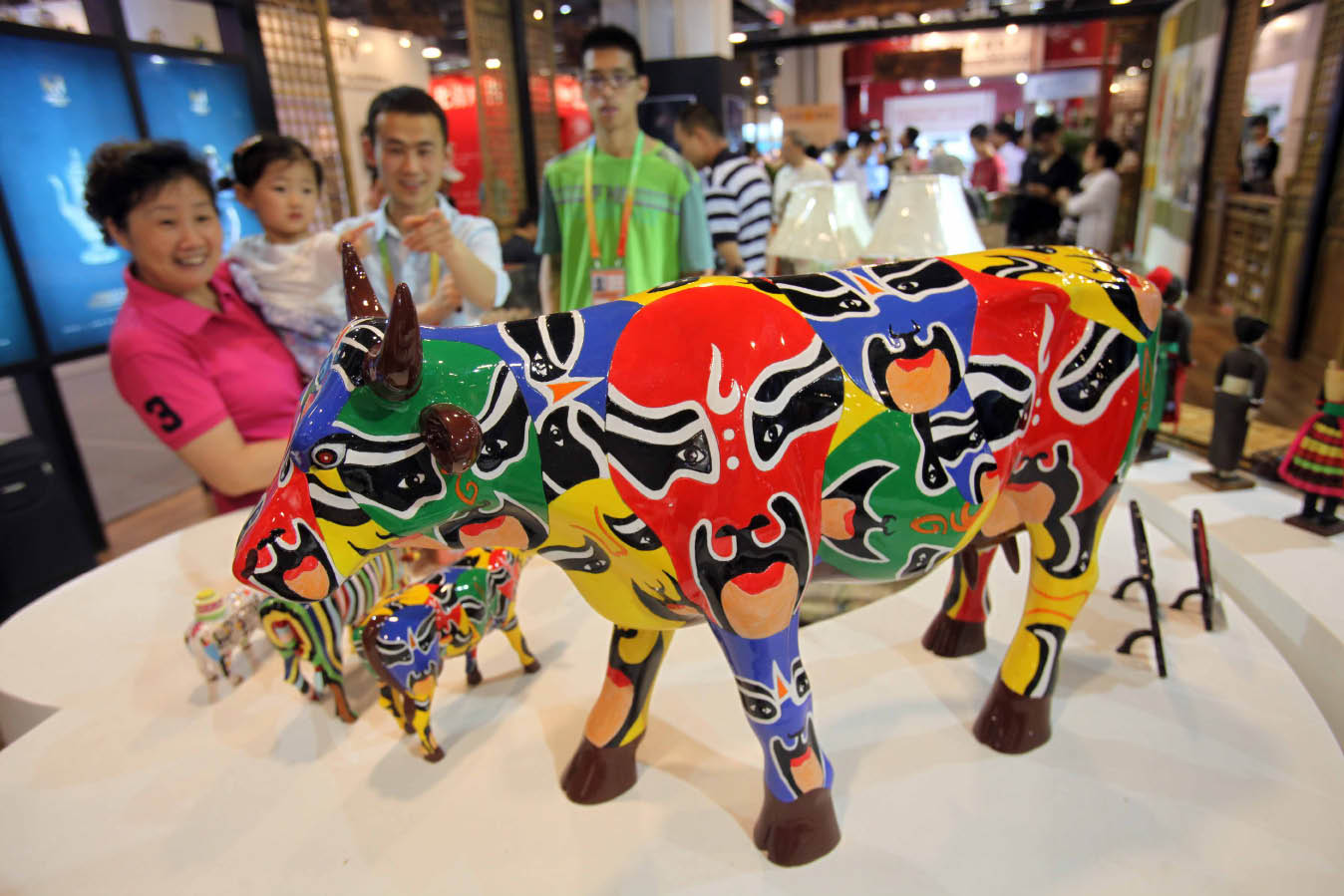Great Expectations and the Making of S&ED
By FU MENGZI
|
 |
|
Commerce Secretary Gary Locke was appointed new U.S. ambassador to China, signaling the growing importance of China-U.S. relations to the American leadership. |
ON March 9, 2011, U.S. president Barack Obama nominated Commerce Secretary Gary Locke as the new U.S. ambassador to China. It has been publicly speculated that the appointment reflects the seriousness with which the Obama administration is taking the economic and trade relationship with China. Douglas Paal, vice president of the Carnegie Endowment for International Peace, said sending a sitting cabinet member is a signal from Obama about China's strategic importance in his political universe.
As two countries with significant influence, China and the U.S. play exemplary roles in the international community. After three decades of spectacular growth, China has become the world's second-largest economy, so its dialogue with the U.S., the world's largest economy, serves as a weather vane to the international community. Their dialogues are supposed to touch upon an extensive range of issues so that the two countries can make joint efforts to cope with existing problems.
China and the U.S. have had nearly 70 high-level dialogues, covering a wide range of concerns to bilateral relations. While attending APEC's informal leadership meeting in Chile in 2004, Chinese President Hu Jintao's suggestion to U.S. President Bush that the two contries hold a strategic dialogue met with a positive response, and the U.S. launched the first round in August 2005, where security issues dominated the agenda.
Chinese vice premier Wu Yi and U.S. Secretary of Treasury Henry Paulson held a China-U.S. Strategic Economic Dialogue in September 2006 in Beijing. Altogether six China-U.S. Strategic Dialogues and five China-U.S. Strategic Economic Dialogues were conducted during the junior Bush's administration.
China believes two features count in such talks. First, the most significant issues are discussed from an overall perspective rather than a focus on specific topics. A strategic dialogue aims at analyzing the broadest contexts and deep underlying causes and their connections, then working out solutions based on this broader framework. Second, a strategic dialogue is conducted at a relatively high level, which means participating officials need to have sufficient status in a nation's policy-making system and its own strategic thinking.
When Chinese President Hu Jintao met U.S. President Obama during the G20 Financial Summit in London in 2009, both sides agreed to merge the two dialogues into the China-U.S. Strategic and Economic Dialogue (S&ED).
The new dialogue mechanism is comprised of a strategic track and an economic track. Its participants are also of the highest rank: Chinese Vice Premier Wang Qishan and State Councilor Dai Bingguo co-chair the dialogue with U.S. Secretary of State Hillary Clinton and Secretary of the Treasury Timothy Geithner.
The first meeting was held in Washington in 2009. The second meeting, held in Beijing in 2010, produced 26 specific outcomes. In the latter the U.S. pledged to seriously consider the issue of China's market economy status and speed up the process of acknowledging that status.
The S&ED continues to play an important role in further promoting the bilateral relations.
Global Impact
Both China and the United States have attached great importance to the dialogue. The head of the host country gives the opening speech and over 50 ministerial officials in charge of the two countries respective sectors attend the meetings.
The topics cover bilateral and multilateral issues as well as long-standing and emerging problems. Topics that involve several sectors facilitate better teamwork. For example, anti-terrorism is a security issue, but it requires coordination of the treasury departments of both nations since "following the money" and cutting off its supply is critical.
Standing at a historical crossroads, the third round of the S&ED is expected to have a deeper and wider impact on bilateral relations than ever before. Sino-U.S. relations have chilled a little over U.S. arms sales to Taiwan, Obama's meeting with the Dalai Lama, and Google's withdrawal from the Chinese mainland. Decisive action was needed to restore a positive agenda. Chinese President Hu Jintao's visit to the United States in January this year brought the derailed Sino-U.S. relationship back to normal. Trust between the two nations has been restored and the tone of the relationship has been reset, so the future of its progress on a more certain track. In a spirit of mutual respect and cooperation, China and the U.S. issued a joint statement agreeing to build a comprehensive and mutually beneficial partnership.
The riots in the Middle East and North Africa, regime changes in Tunisia and Egypt, and the civil war in Libya signal changes are coming to those regions. Moreover, the situation on the Korean Peninsula is tense and the Iran nuclear issue makes no progress. The global economy has not even completely recovered from the financial crisis, yet the world must face challenges like climate change and rising food and oil prices.
S&ED's outcomes will definitely impact G20 summit policies promoting coordination and cooperation between developed countries and developing countries, the elimination of trade protectionism, facilitation of innovation in the financial system, and reform of the international monetary system.

